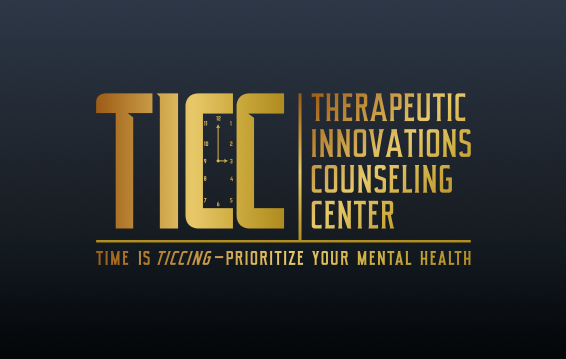
Anxiety can feel like an uninvited guest that just won’t leave—like that friend who overstays their welcome at your house. You know the one: they’re fun at first, but soon you realize you just want some peace and quiet! With around 40 million adults in the U.S. affected by anxiety disorders, this isn’t just a personal struggle; it’s a widespread issue affecting both men and women, although women are nearly twice as likely as men to be diagnosed with anxiety. But fear not! Today, we’re going to explore how what we eat can play a pivotal role in managing anxiety and keeping that pesky guest at bay.
Understanding Anxiety and the Amygdala’s Role
Anxiety is not just a figment of our imagination or an excuse to avoid social events. It can manifest in various forms, including generalized anxiety disorder (GAD), social anxiety disorder, panic disorder, and phobias. So, what’s going on in our brains when we feel anxious? Enter the amygdala—the brain’s tiny almond-shaped powerhouse that processes emotions and plays a key role in the fear response.
When faced with a stressful situation (like that surprise Zoom call you forgot about), the amygdala springs into action, triggering a cascade of reactions that prepare the body for “fight or flight.” Unfortunately, in those with anxiety disorders, this response can become hyperactive, leading to chronic feelings of fear and apprehension. And while you can’t exactly invite your amygdala to a dinner party, you can influence its behavior through diet.
Food Matters: What’s on Your Plate?
Research shows that what you eat can significantly impact your mood and anxiety levels. For instance, diets rich in whole foods, such as fruits, vegetables, lean proteins, and whole grains, have been linked to lower levels of anxiety. In contrast, high-sugar and highly processed foods may contribute to increased anxiety and mood swings. So, while that chocolate cake might feel like a warm hug, it’s essential to consider the long-term effects on your brain.
Helpful Foods for Regulating Anxiety
- Fatty Fish: Rich in omega-3 fatty acids, fatty fish like salmon and sardines may reduce anxiety and improve mood. It’s like sending your brain to a relaxing spa day!
- Leafy Greens: Spinach, kale, and other leafy greens are packed with magnesium, which can help regulate cortisol levels (the stress hormone) and combat anxiety.
- Berries: Blueberries and strawberries are rich in antioxidants and vitamin C, which may help reduce stress and improve mood. Plus, they’re delicious—what’s not to love?
- Whole Grains: Foods like oats and brown rice can stabilize blood sugar levels, promoting steady energy and mood. Think of them as the supportive friend cheering you on!
- Nuts and Seeds: Almonds, walnuts, and chia seeds are excellent sources of healthy fats and nutrients that can help keep your brain functioning at its best. Just be careful not to eat the entire bag in one sitting!
Strategies for Food and Emotional Regulation
When it comes to managing anxiety through diet, here are some strategies to consider:
- Stay Hydrated: Dehydration can exacerbate anxiety, so drink plenty of water throughout the day. Bonus: Hydration can also improve your skin!
- Eat Regularly: Aim for balanced meals and snacks every 3-4 hours to maintain stable blood sugar levels. Skipping meals can lead to mood swings—like a toddler who skipped their nap!
- Mindful Eating: Pay attention to what you’re eating and savor each bite. This practice can help you enjoy your food more and recognize when you’re full, preventing mindless munching.
- Limit Caffeine and Alcohol: While caffeine can provide a temporary energy boost, it may increase anxiety in some people. And while a glass of wine might seem soothing, it can lead to feelings of anxiety later on. Moderation is key!
What are the common Psychological Treatments for Anxiety?
In addition to dietary changes, various psychological treatments can help manage anxiety. Cognitive-behavioral therapy (CBT) is a common and effective approach that focuses on changing negative thought patterns and behaviors. Mindfulness-based stress reduction (MBSR) and acceptance and commitment therapy (ACT) can also be beneficial, helping individuals develop coping strategies for managing anxiety.
Final Thoughts: A Balanced Approach to Well-Being
Anxiety is a complex condition that can significantly impact daily life, but understanding the connection between food and mental health can empower you to make positive changes. By incorporating nourishing foods into your diet, you can help regulate anxiety and improve overall well-being.
Remember, it’s okay to reach out for support, whether through friends, family, or professional help. And while you’re at it, consider treating yourself to a delicious meal that nourishes both your body and mind. After all, you deserve it! Learn more about health and wellness by following this blog: https://ticcenter.org/blog-2/

